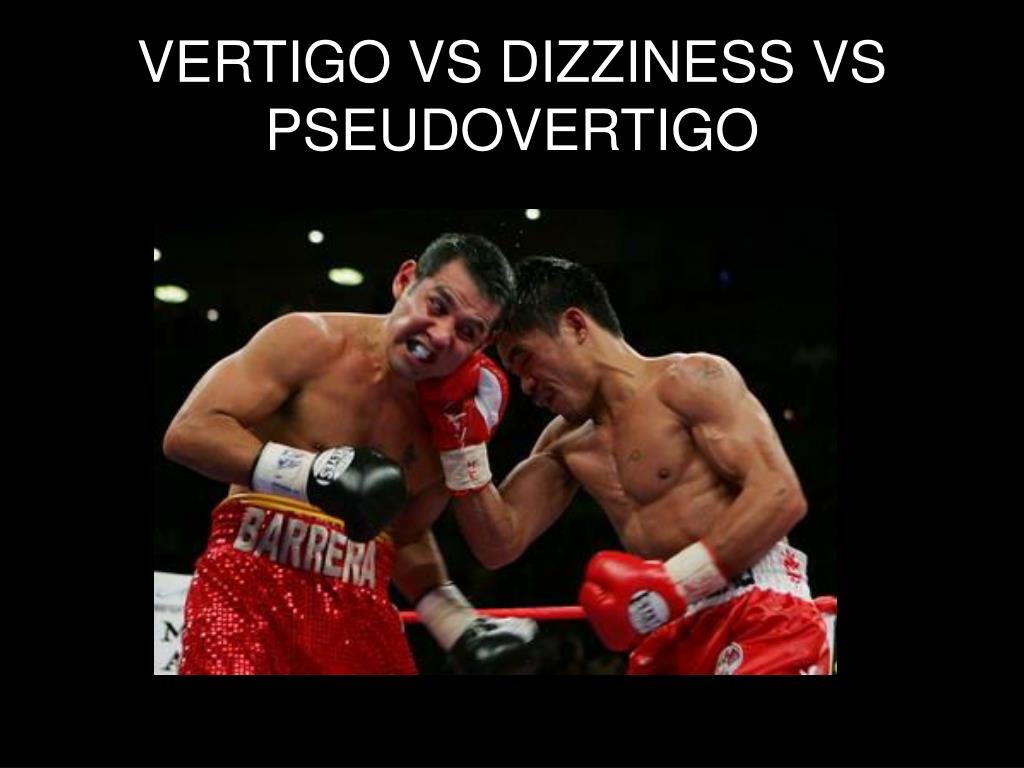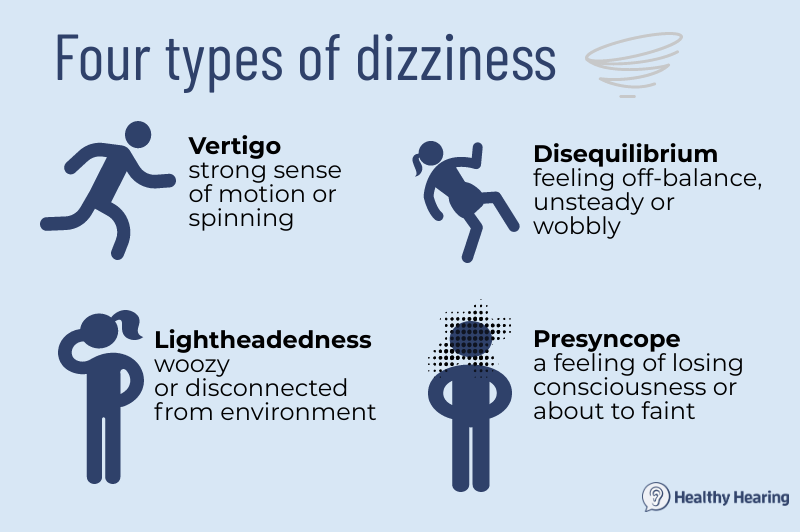
Fortunately, vestibular neuronitis generally subsides and clears up on its own. This can be very disabling and may require bed rest initially. Acute vestibular neuronitis or labyrinthitis – an inflammation of the inner ear causing sudden, intense vertigo that may persist for several days, with nausea and vomiting.

The cause of BPPV is not always known, but it may be a result of ageing or head trauma. This gives a sensation of spinning (vertigo). It occurs when particles (otoconia) break loose and fall into the wrong part of the semicircular canals in the inner ear. Benign paroxysmal positional vertigo (BPPV) – involves intense, brief episodes of dizziness related to moving your head, often when turning over in bed or sitting up.Inner ear disorders cause about half of all dizziness cases including: Symptoms can often disappear with no treatment. If the brain can’t process signals from all of these systems, or if the messages are not functioning properly, you may experience a loss of balance.ĭizziness rarely indicates a serious or life-threatening condition, even though it can be very disturbing and disabling. If one system is not working, the other 2 systems help keep you balanced. Good balance needs at least 2 of these 3 sensory systems working well. Near the semicircular canals are the utricle and saccule, which detect gravity and back-and-forth motion. It includes 3 fluid-filled loops (semicircular canals) which respond to the rotation of the head. inner ears – the organ of balance in the inner ear is called the vestibular system.proprioception – movement sensors in the skin, muscle and joints.
#Vertigo vs dizziness how to#
The brain integrates this information and sends signals back to the muscles on how to maintain balance. Your sense of balance is controlled by signals to the brain about body movement and your position in relation to the environment.



 0 kommentar(er)
0 kommentar(er)
